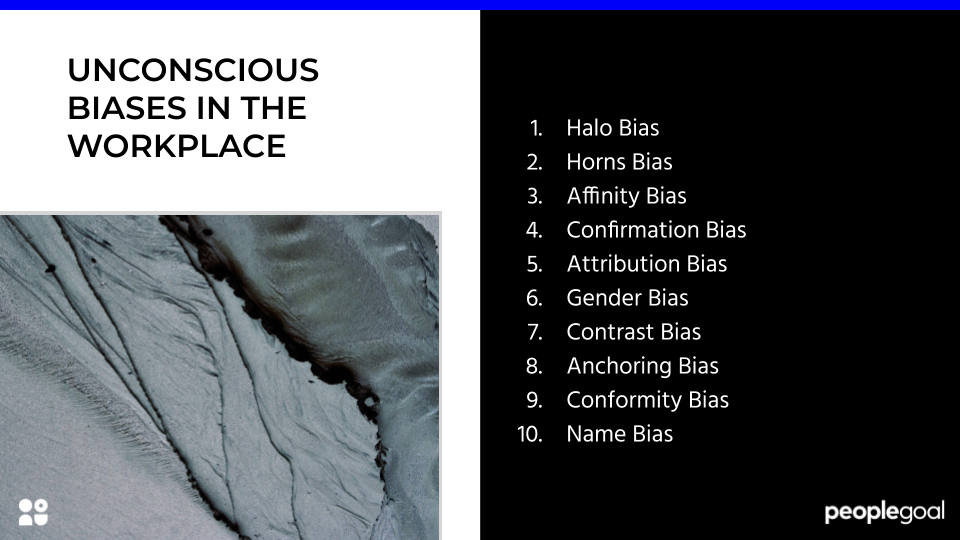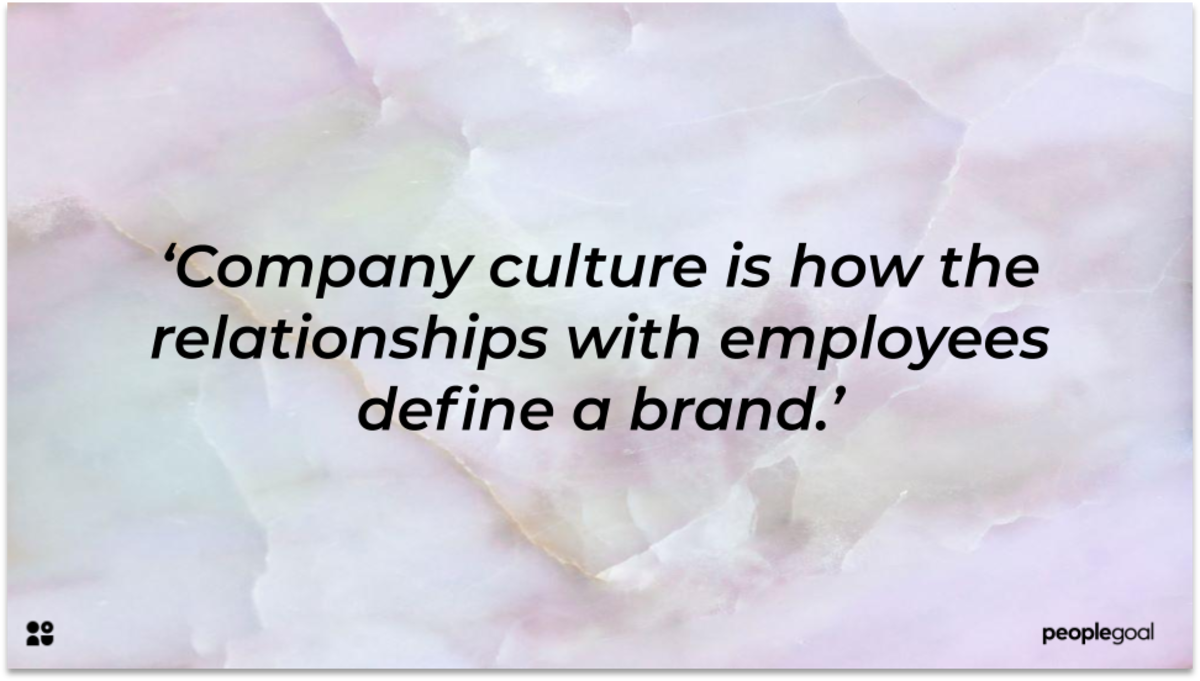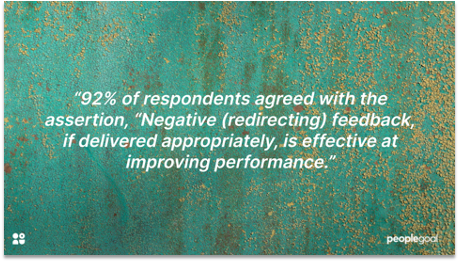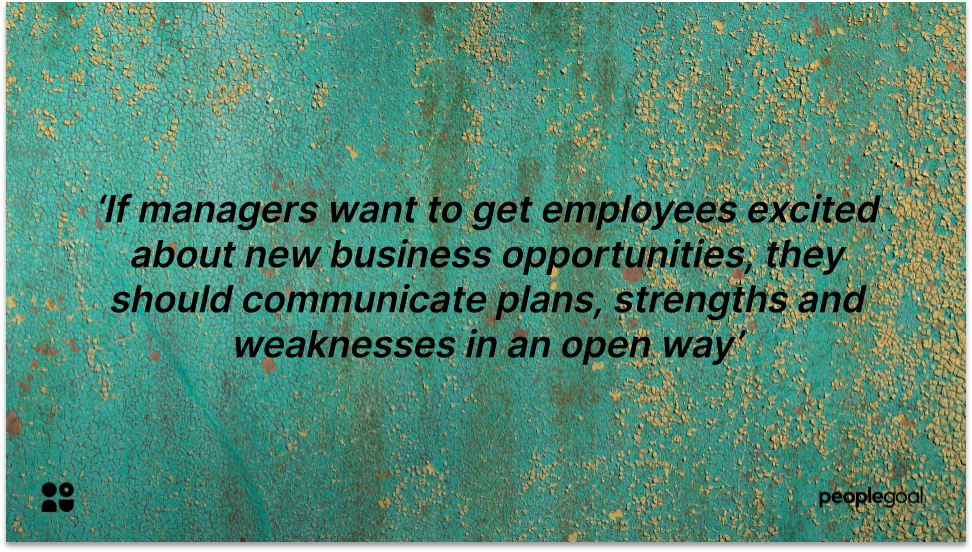Once upon a time, the pursuit of leaving the atmosphere and landing on the moon was something only attainable by a few governmental bodies. The funding, knowledge and equipment required to reach for the stars would bankrupt almost any individual or corporation without adequate financial backing.
Yet contrary to the history of space travel, space tourism is now looking ever more accessible with the recent developments from both Jeff Bezos’ Blue Origin and Elon Musk’s SpaceX. The first sign of the possibility for people, other than trained astronauts, to enter space will be exhibited on July 20th when Jeff Bezos and his brother, Mark, will travel to space in the Blue Origin New Shepard rocket.
The current auction price for the final seat on this rocket is at $28 million. This third passenger will join Jeff and Mark Bezos in the suborbital rocket named after Alan Shepard (the first American to travel to space).
In terms of less commercial endeavors, these newly developed rockets were funded in part by the US Federal Government. SpaceX is in direct competition with Blue Origin for government contracts and it is Elon Musk’s rockets that have been selected by NASA to land US astronauts on the Moon once again.
What these two men have achieved would be unthinkable for many and yet, they continue to grow their corporate wealth and influence in the pursuit of the final frontier. Below we discuss the steps they have taken that facilitated their incredible productivity levels and performance. The long and short-term strategizing of these two individuals demonstrates just how important it is for teams to set clear and ambitious goals.
From outer space to HR space
In HR, the goal-setting process can often be overlooked or disregarded as an effective process. Employees and managers agree to overturn previously set objectives in the pursuit of newer, more pressing requirements of the business. Whilst this might enable individuals to freely pursue immediate victories, it has detrimental effects in the long term.
The purpose of setting long-term goals is to give individuals and teams a stronger sense of self-improvement. By looking forward, teams can start to truly understand the extent to which their current efforts are contributing to the fulfillment of these long-term goals.
Having something to work towards is crucial for all to be able to visualize and quantify just how much they need to do in order to achieve their longer-term goals. In the case of Musk and Bezos, each of them routinely set long-term objectives that plan for several years into the future. Through establishing what they want to achieve, they are able to then pave a roadmap back from their final goal up to their current activities today.
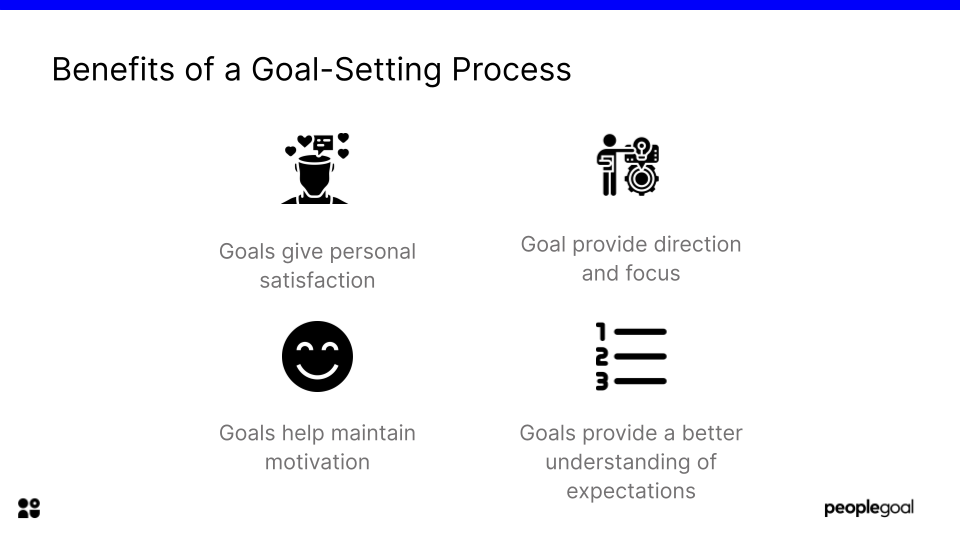
Jeff Bezos’ future thinking has been well-documented time and again in the media. His philosophy is documented all the way back in his first Amazon shareholder letter in 1997, "It’s all about the long-term". Looking back even further, in his 1982 valedictorian speech, an 18-year-old Jeff Bezos stated that he intended to build space hotels and colonies. Whilst his classmates may have rolled their eyes at these behemoth claims, today those claims are on their way to becoming a reality.
Through a series of shorter-term goals, Bezos has been able to grow Amazon to become a tech giant whilst also growing his own wealth to become the richest man in the world. Arguably just what is required to make human flight into space available to the masses.
With Blue Origin, Bezos is not just looking towards his very end goal of sustaining life beyond Earth – he will follow a set of nested cadences through the use of OKRs. By ensuring that his employees and teams define their weekly and quarterly tasks, his high-level strategic goals can be and are fulfilled, if not exceeded, year on year.
It is this passage of working back from the end product that allows Bezos to establish shorter-term goals that will guarantee his long-term success. As Blue Origin states "Slow is smooth, and smooth is fast", the pursuit of space travel is not as much a race but a process of establishing a reliable and efficient route into the beyond.
Translate long-term motivation into short-term goals
Elon Musk exhibits a similar drive to Jeff Bezos in terms of his vision for the future. Both men are motivated by a desire to make the world a better place in the future. For Musk, this contributed to him fashioning a very intense lifestyle – acting as the CEO for Tesla and SpaceX whilst also nurturing other projects such as The Boring Company and Neuralink.
Motivated by a passion to understand what is going to affect humanity the most in the future, Musk set out on a mission to reduce the likelihood of our eventual extinction by looking to make human kind a multi-planetary species.
Growing up from relatively humble beginnings, Elon Musk would develop his understanding and skillset to eventually become one of the richest men in the world. Reflecting on his time as Tesla’s CEO, the long-term goal was to accelerate sustainable transport by making electric cars available for the mass market as soon as possible.
To do this, Elon Musk broke the goal down into smaller parts. Initially, Tesla needed to get attention and so they began selling electric cars that were exciting and capable of challenging high-performance sports cars. Following on from this, they produced a luxury model to raise funds, before eventually developing the Model 3 – the electric car for the masses.
It is only through these gradual smaller goals that Musk was able to reach his long-goal of making electric vehicles accessible for the many, not the few.
Alongside other funding, it is the self-made revenue that Musk accrued through projects such as Tesla and PayPal that have enabled him to pursue his dreams of traveling to space and beyond with SpaceX.

Sustaining their pursuit
As we’ve already stated, building and funding a rocket company is by no means a cheap task. Evidently, it requires one to become the richest person in the world in order to make it feasible. Given the expense along with the dogged persistence, Jeff Bezos and Elon Musk have really achieved something quite remarkable.
The perseverance and innovation that have been required to get to this position demonstrate the commitment they each have to accomplish their long-term goals.
For Jeff Bezos, we see this endurance and commitment personified in the motto of Blue Origin: "Gradatim Ferociter," meaning "Step by Step ferociously". The rocket company’s meticulous planning and progress have been fundamental to the organization’s leadership in the private space industry, since being founded in 2000. From then until now, Bezos has expanded on his initial goal to break suborbital space in the pursuit of orbital space – Blue Origin is intending to land on the Moon by 2024 with ‘Blue Moon’.
With SpaceX, Musk has stated that he has set a goal to improve the cost and reliability of traveling to space by a factor of ten. Creating a fleet of highly reliable and reusable spacecraft has been a core focus for SpaceX since its inception.
It is this reliability that has enabled SpaceX to claim a long list of achievements in the privately-funded sphere of space travel. For example, SpaceX’s Falcon 1 was the first privately funded, liquid-fueled rocket to reach orbit in September 2008.
The feats of SpaceX have contributed to increasing interest from NASA and other organizations to invest in their rockets. Earlier this year, SpaceX was awarded $2.9 billion by NASA to land US astronauts on the Moon by 2024. In a similar way to Musk’s endeavors with Tesla, he has proven once again that by incrementally revealing the capabilities of his technology, he has been able to attain growing investment to fulfill his long-term goals.
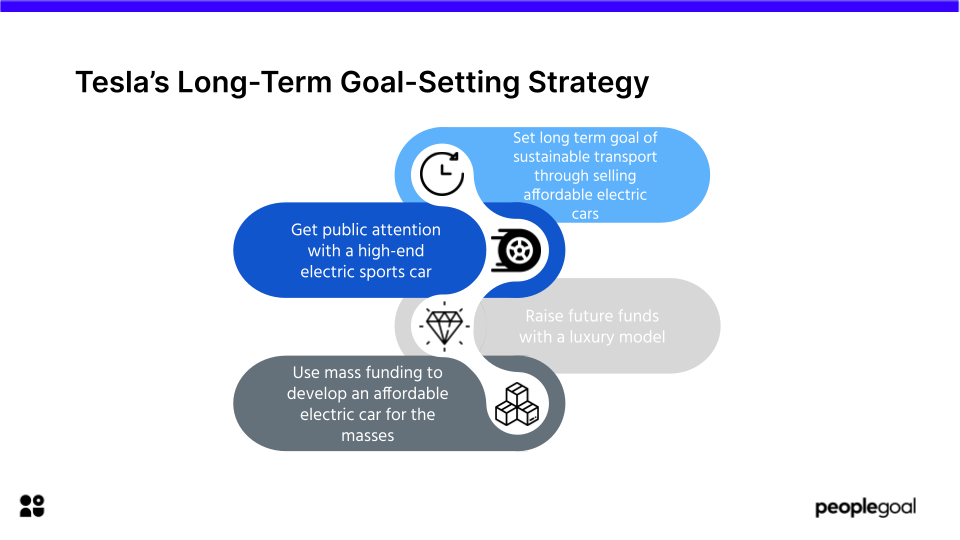
Future Thoughts
How these men approach their business and passions demonstrates a philosophy that we can all imitate. Defining clear and precise long-term goals for ourselves and others presents the opportunity to map out a plan to achieve these objectives. The goals provide us with purpose. Purpose-driven teams can also more readily support the efforts required to meet these ends.
Jeff Bezos has made it very clear that on July 20th, he intends to fly with his brother Mark Bezos to the edge of space. Having dreamed of traveling to space for decades, he has founded the company Blue Origin and created enough revenue through alternate means to be the first person to make space tourism accessible. Well, at least accessible if you happen to have a spare $28 million lying around…
Ready to 3x Your Teams' Performance?
Use the best performance management software to align goals, track progress, and boost employee engagement.



